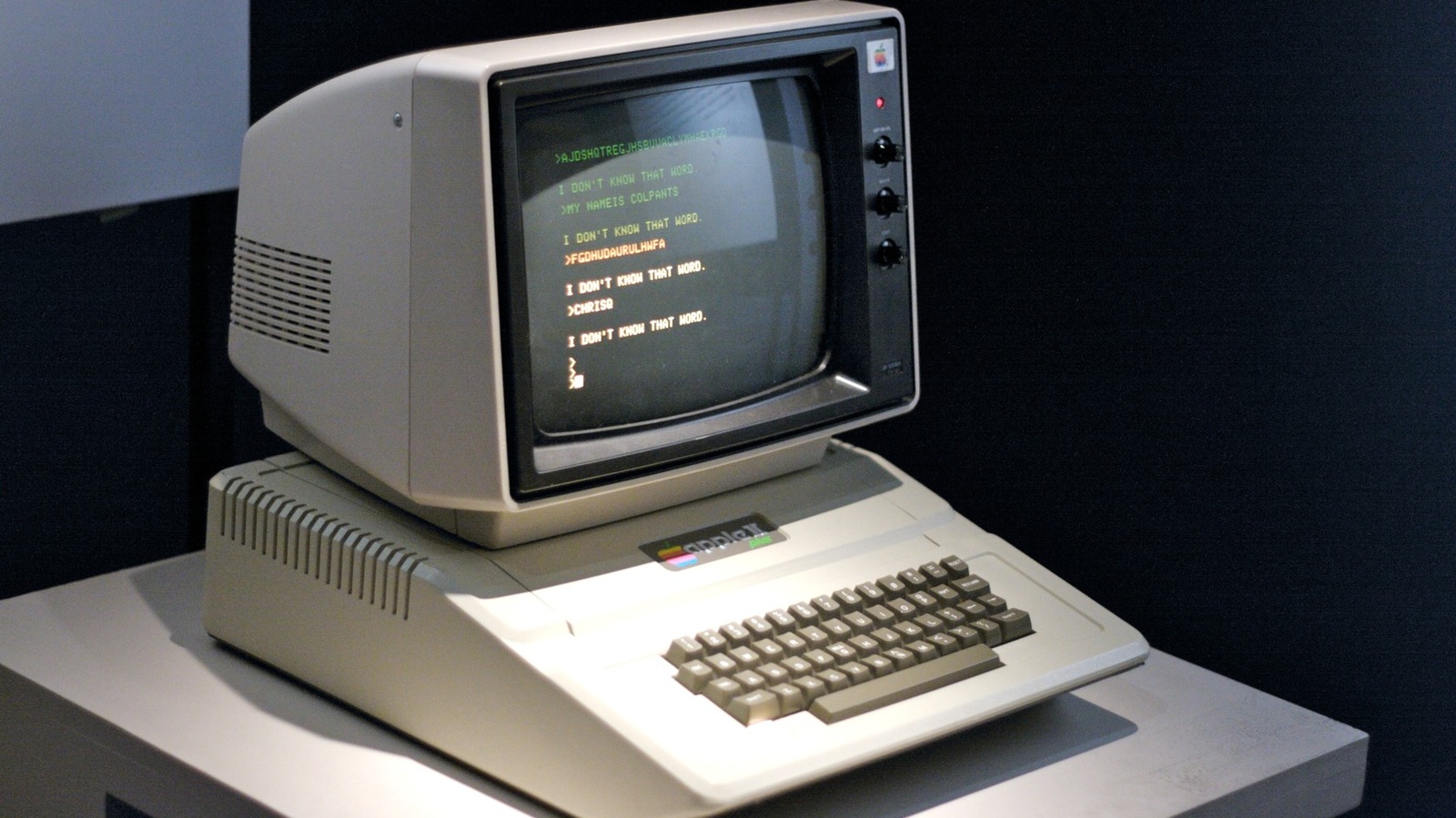Science
Transistors: The Most Mass-Produced Invention in History

The most mass-produced invention in human history is not the wheel or the plow, but rather the humble transistor. Since their inception, transistors have revolutionized technology, fundamentally transforming the way we use electronic devices. According to research, over 13 sextillion transistors were produced between 1947 and 2018, marking them as the most ubiquitous invention of modern life.
From Innovation to Ubiquity
Transistors were first introduced at Bell Labs in 1947 as relatively large objects, resembling desk ornaments more than the critical components of today’s technology. Their invention marked a pivotal shift from bulky vacuum tubes to smaller, more efficient devices. As the size of transistors decreased, the speed and efficiency of computers increased dramatically.
Modern transistors are classified as metal-oxide semiconductors (MOS), utilizing silicon as their base material. These tiny devices, often measuring just 3-5 nanometers, are essential in the functioning of computer chips. A single computer can contain billions of transistors, with some CPUs housing around 40 billion transistors, a significant leap from the 2,300 transistors found in an Intel chip from 1971.
The production of transistors has seen exponential growth due to advancements in miniaturization. The smallest transistors today are limited by the size of silicon atoms, making it impossible to create devices smaller than the 0.2 nanometers that define these atoms. Nevertheless, the continuous evolution of materials may lead to even smaller transistors in the future, including the potential use of 2D transistors.
The Future of Computing
The impact of transistors extends beyond everyday gadgets; they form the backbone of modern computing technology. By functioning as switches that operate in two states—on and off—transistors enable binary computing, which is essential for all electronic devices. As we continue to produce and integrate billions of transistors into our technology, humanity’s reliance on this invention shows no signs of diminishing.
Looking ahead, the emergence of quantum computing presents both opportunities and challenges. This innovative technology may eventually shift away from traditional transistors in favor of qubits, which could redefine the landscape of computing. While transistors have dominated electronic manufacturing for decades, the future may see a new paradigm as quantum technologies evolve.
In conclusion, the transistor stands as a testament to human ingenuity, illustrating how a seemingly simple invention can have an enormous impact on the world. With trillions of these devices embedded in our daily lives, the legacy of transistors is likely to endure as we navigate the complexities of the digital age.
-

 Health3 months ago
Health3 months agoNeurologist Warns Excessive Use of Supplements Can Harm Brain
-

 Health3 months ago
Health3 months agoFiona Phillips’ Husband Shares Heartfelt Update on Her Alzheimer’s Journey
-

 Science2 months ago
Science2 months agoBrian Cox Addresses Claims of Alien Probe in 3I/ATLAS Discovery
-

 Science2 months ago
Science2 months agoNASA Investigates Unusual Comet 3I/ATLAS; New Findings Emerge
-

 Science1 month ago
Science1 month agoScientists Examine 3I/ATLAS: Alien Artifact or Cosmic Oddity?
-

 Entertainment5 months ago
Entertainment5 months agoKerry Katona Discusses Future Baby Plans and Brian McFadden’s Wedding
-

 Science1 month ago
Science1 month agoNASA Investigates Speedy Object 3I/ATLAS, Sparking Speculation
-

 Entertainment4 months ago
Entertainment4 months agoEmmerdale Faces Tension as Dylan and April’s Lives Hang in the Balance
-

 World3 months ago
World3 months agoCole Palmer’s Cryptic Message to Kobbie Mainoo Following Loan Talks
-

 Science1 month ago
Science1 month agoNASA Scientists Explore Origins of 3I/ATLAS, a Fast-Moving Visitor
-

 Entertainment2 months ago
Entertainment2 months agoLewis Cope Addresses Accusations of Dance Training Advantage
-

 Entertainment3 months ago
Entertainment3 months agoMajor Cast Changes at Coronation Street: Exits and Returns in 2025









